Should you drink raw milk? Absolutely, if you want to experience all the health benefits it has to offer. I get why some people hesitate to try their milk raw. In 1987, the U.S. Food and Drug Administration (FDA) mandated the pasteurization of all commercially sold milk. It became illegal to sell raw milk across state lines (except cheese made from raw milk that meets certain conditions). Some states allow exceptions for raw milk to be sold in any retail store. Others have provisions for selling raw milk at farmers’ markets and directly from dairy farmers.
Still, many people fear raw milk. It has been drilled into their brains that all milk must be pasteurized to be safe. On our farm, we know that simply is not the case. You can make sure your milk is free from harmful bacteria without pasteurizing all the nutrients out of it. Here are four of the best reasons you should drink raw milk.
1 – Raw milk and food allergies
I am living proof that raw milk can help with food allergies. Before I started consuming raw milk from our Jersey cow, I had the worst skin allergies. One of the reasons some people have trouble digesting processed milk is because pasteurization alters the proteins in milk. What happens when you change the natural components of a food source? It can affect gut health and make people more susceptible to certain health conditions. Don’t take my word for it. Research has shown that drinking raw milk can prevent the development of allergies and asthma.
How is the Milk from Jersey Cattle Different and Is it Suitable for Making Raw Milk?
Milk from Jersey cattle is known for its high protein and butterfat content, making it creamier and richer than milk from other breeds. These jersey cattle characteristics also provide a naturally sweeter taste to the milk, which is why it is preferred by many for making raw milk products like cheese and yogurt.
2 – The benefits of a living food source
Pasteurized milk is heated to around 170 degrees, with some ultra-pasteurized versions experiencing even higher temps of 280 degrees. Do you know what happens when you heat milk up this much? It kills all the beneficial enzymes. You now have what once was a living food source transformed into a dead food source devoid of lactose and lipase. Without lactose, your body will struggle to digest the milk. Without lipase, your body will have trouble breaking down and digesting fat.
3 – Kicking it with Vitamin K
Jersey cows and other dairy cattle that graze on pasture produce raw milk with high volumes of Vitamin K2. What’s so exciting about that? Well, Vitamin K is the building block for the proteins our bodies need to clot blood and build healthy bones. As you may have guessed by now, pasteurization destroys Vitamin K, along with other beneficial vitamins like C, B6, and D. It also wipes out beta-lactoglobulin, which our bodies need to absorb Vitamin A.
4 – Fighting obesity
Rich in Conjugated Linoleic Acid (CLA), raw milk is one of your best tools in fighting obesity. Pasteurized milk lacks CLA, especially low and no-fat versions of it. Some promising research has noted the ability of CLA to reduce fat mass in humans. CLA also is effective at reducing inflammation in the body without harming your arteries. This is great news because reducing inflammation can help with insulin resistance, cancer, high blood pressure, and strengthening the immune system.
How to drink raw milk
Ready to add raw milk to your diet? If you live in one of the states that allow you to buy directly from the store or dairy farmers, you’re in luck. You also can consider buying Jersey cow shares to get your own supply of raw milk. Whatever way you choose to do it, your body will thank you!
In our kitchen, we only use cultures from Cultures for Health.
Get yours here and start culturing today.
Popular Articles
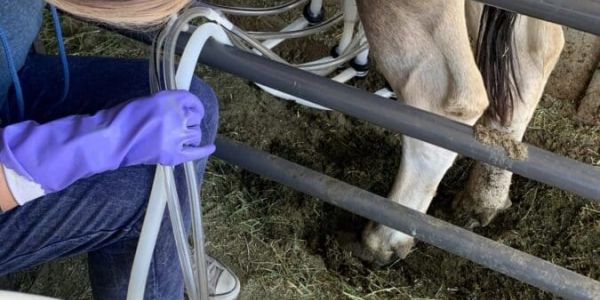
Jersey Cow Milking 101: Follow These 6 Tips for a Smoother Milking Process
Newsletter
Get signed up to get latest updates and new information from the Jersey Milk Cow!
This site uses Akismet to reduce spam. Learn how your comment data is processed.

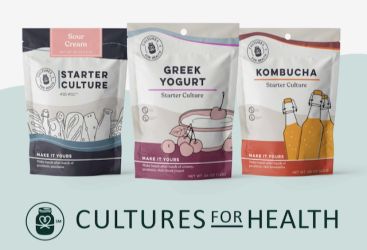
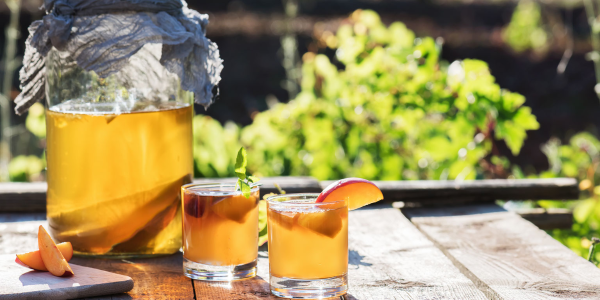
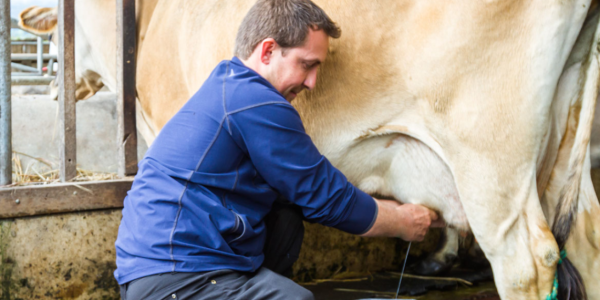

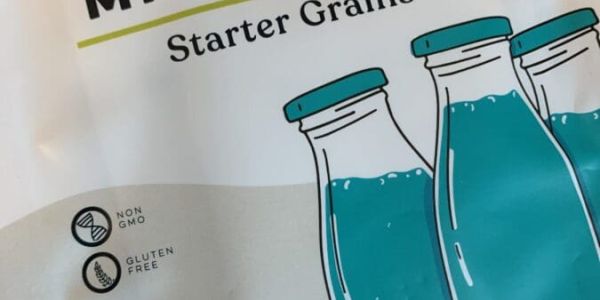
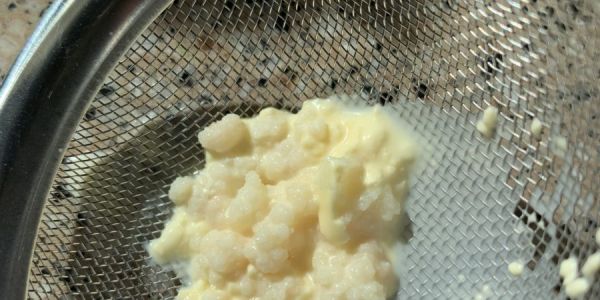
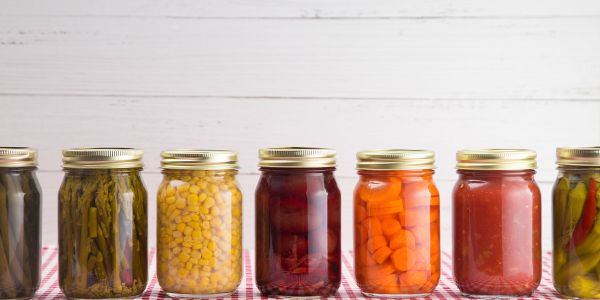
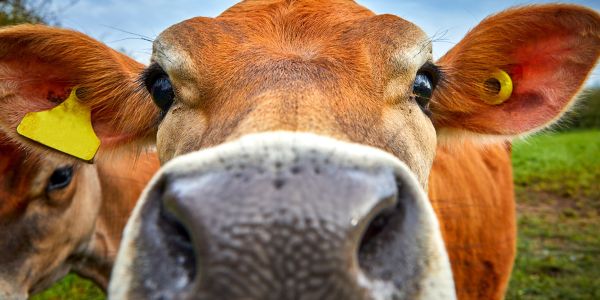
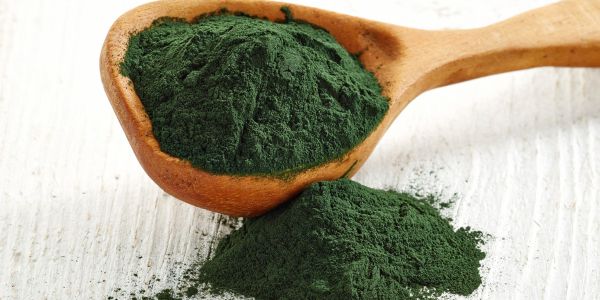
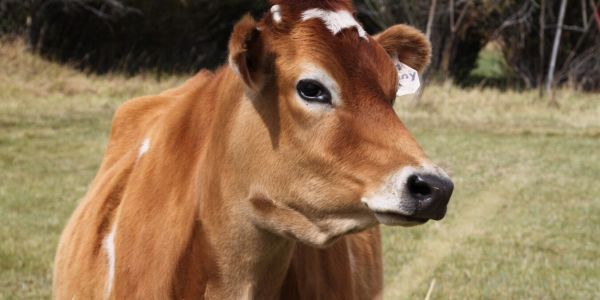
Leave a Reply